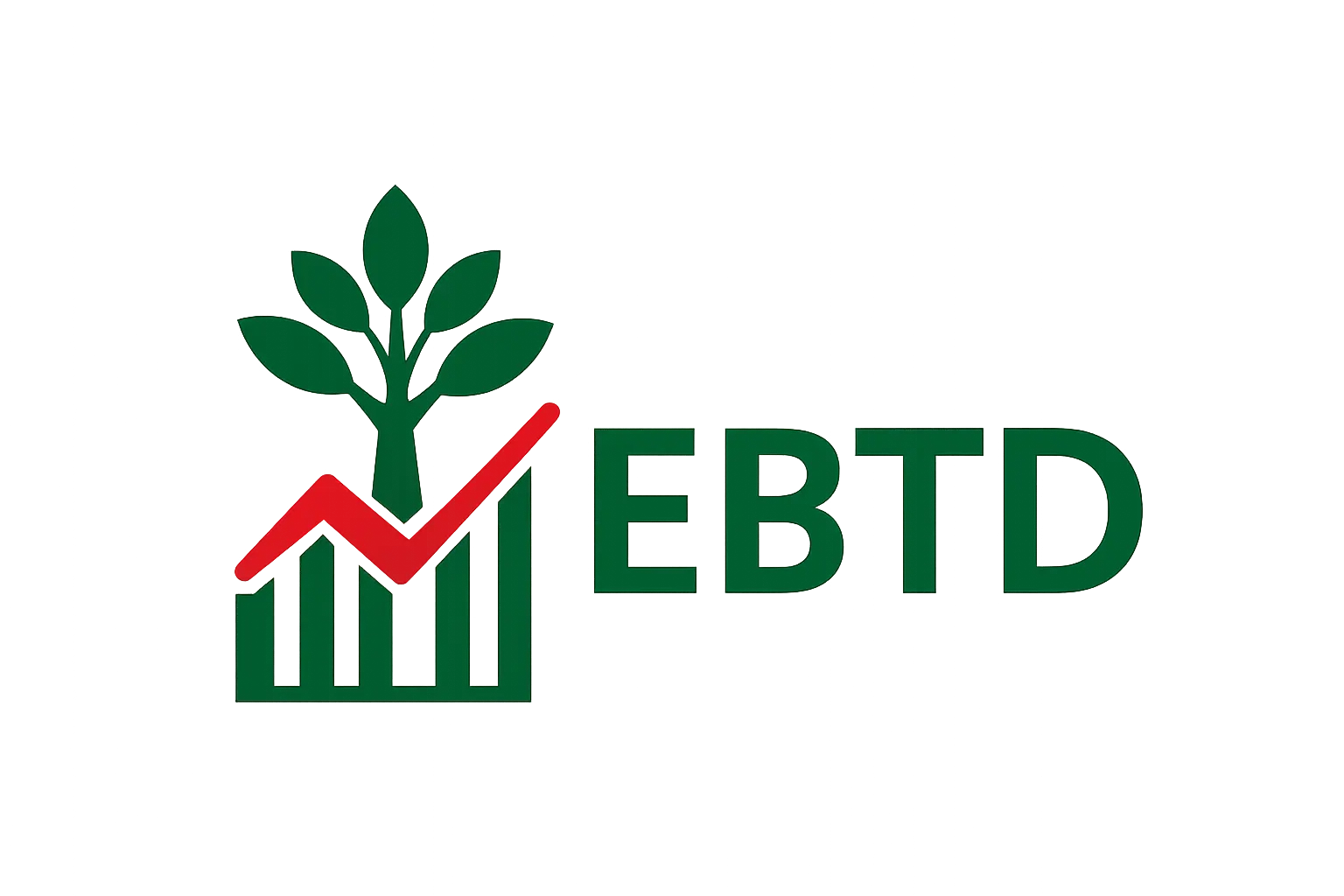Beyond Rote: Evidence-Based Tutoring in Bangladesh
The private tutoring sector in Bangladesh is massive—a high-pressure market driven by intense parental expectations and exam results that can make or break a student’s future. But too often, tutoring means little more than copying notes, endless repetition, and frantic last-minute cramming. The question is: does that really build confidence, critical thinking, or lasting understanding?
In this deep dive, we explore how tutors can move beyond being simple “answer providers” to becoming true guides who unlock long-term success. Drawing on decades of global research in cognitive science—and adapted specifically for the Bangladeshi classroom—we reveal five powerful, low-cost strategies every tutor can start using right away:
-
Retrieval practice – the proven recall technique that strengthens memory and boosts performance.
-
Spaced practice – why cramming fails and how to make knowledge stick over time.
-
Metacognition – helping students learn how to learn and become independent thinkers.
-
Actionable feedback – moving beyond vague praise to feedback that truly drives progress.
-
Active learning – engaging students in ways that build confidence and deep understanding.
We also showcase EBTD’s new tiered tutor training pathway—the Foundation Tutor Award, Advanced Tutor Certificate, and Tutor Leader Diploma. Each stage equips tutors with evidence-based tools, from lesson planning and communication, to advanced strategies like interleaving, dual coding, and mentoring others. With flexible, online delivery designed for Bangladeshi tutors, these courses not only improve student outcomes but also help tutors stand out in an increasingly competitive market.
If you’re a tutor, parent, or educator working under exam-driven pressure, this episode offers practical strategies and a new vision of what tutoring can achieve: not just passing the next test, but building confident, capable learners for life.
👉 Learn more about our tutor training programmes here: https://www.ebtd.education/tutor-training/
